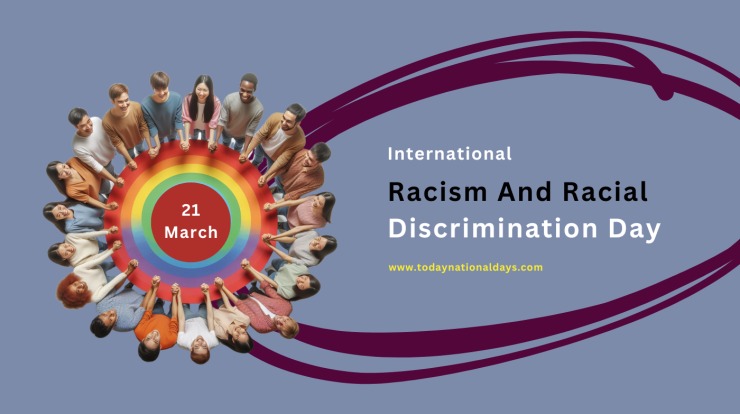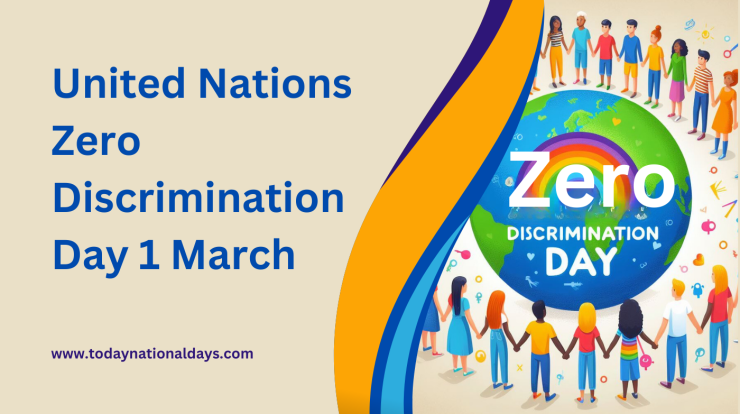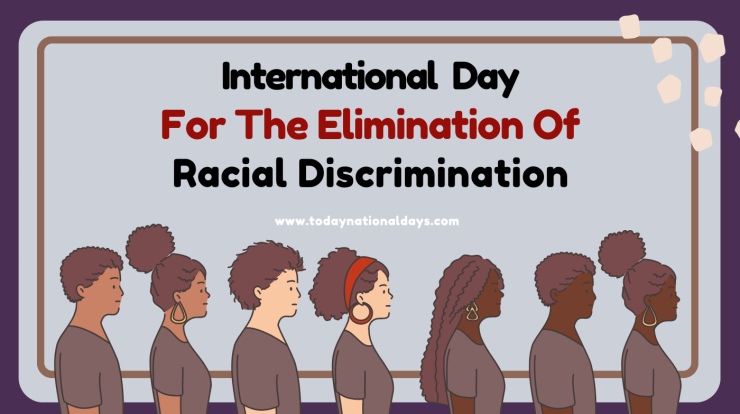
Learn about the significance of United Nations International Mother Language Day on 21 February. Discover why this day is celebrated worldwide and its importance in promoting linguistic diversity. International Mother Language Day was first proposed by Bangladesh and approved by UNESCO in 1999, with global celebrations starting in 2000.
This day remembers the 1952 events in Dhaka when students and activists protested against the enforcement of Urdu as the only official language in East Pakistan (modern-day Bangladesh). The peaceful protest ended in tragedy with police firing on the crowd, resulting in several deaths.
These sacrifices became enduring symbols of the fight for linguistic and cultural rights. UNESCO declared February 21st as International Mother Language Day in 1999, honoring the Bengali Language Movement and promoting the preservation of mother languages as a cultural treasure.
The Importance of International Mother Language Day
This day underscores the need to preserve linguistic and cultural diversity, foster multilingual education, and protect endangered languages. The United Nations reports that many languages are vanishing, with 40% of the global population lacking education in their native languages, and some regions experiencing up to 90% exclusion.
The theme for 2024, “Multilingual education – a pillar of learning and intergenerational learning,” focuses on preserving indigenous languages. The UN highlights that beginning education in a child’s mother tongue and progressively incorporating other languages can enhance learning by connecting home and school environments.
History of United Nations International Mother Language Day 21 February
On this day in 1952, students from Dhaka University and social activists held a protest to protect their mother tongue. Tragically, the peaceful protest turned violent, and 16 people were killed.
In January 1998, Rafiqul Islam and Abdus Salam, two Bengalis living in Vancouver, Canada, wrote to Kofi Annan, the former UN Secretary-General, urging the UN to declare an International Mother Language Day to prevent the extinction of languages. Rafiqul proposed February 21st for this day to honor those who died in the 1952 Dhaka Language Movement.
International Mother Language Day: Theme
The theme for International Mother Language Day 2024 emphasizes “Multilingual education, a pillar of learning and intergenerational learning.” This underscores the significance of preserving indigenous languages.
According to the UN, starting education in a child’s mother tongue and gradually introducing other languages helps bridge gaps between home and school, making learning more effective.
History About 1952 Bengali Language Movement, Bangladesh
When India gained independence from British rule, the subcontinent was divided into two separate states: a Muslim state (East Pakistan and West Pakistan) and a Hindu state (India). This division led to cultural and linguistic conflicts between East Pakistan (now Bangladesh) and West Pakistan (now Pakistan).
In 1948, the Pakistani government declared Urdu the national language, heightening tensions in Bengali-speaking East Pakistan. This sparked violent protests. On February 21, 1952, students from the University of Dhaka, along with activists, organized a protest. The police opened fire, killing four students.
These martyrs, who fought for the recognition of Bengali as their mother tongue, are honored on International Mother Language Day. On February 29, 1956, Bengali was officially acknowledged as Pakistan’s second official language. In 1971, East Pakistan became the independent country of Bangladesh, with Bengali as its official language.
In November 1999, UNESCO’s General Conference declared International Mother Language Day. They first celebrated it on February 21, 2000, to honor the 1952 protests and promote linguistic and cultural diversity globally.
In Bangladesh, International Mother Language Day

Every year on February 21, people celebrate International Mother Language Day to honor the Bengali Language Movement of 1952. This day is a national holiday in Bangladesh and is observed in many countries with Bengali-speaking communities.
The celebrations include speeches, rallies, and cultural programs to pay tribute to the language and remember the sacrifices made for its recognition.
Conclusion
United Nations International Mother Language Day, observed on February 21st each year, serves as a powerful reminder of the importance of linguistic diversity and the preservation of mother languages worldwide.
Through commemorating the sacrifices made for linguistic rights and promoting the use of native languages as a tool for cultural preservation, this day encourages us to celebrate our linguistic heritage and embrace the richness of our diverse global community.
As we continue to strive for inclusive education, effective communication, and cultural understanding, let us uphold the values of linguistic diversity and honor the significance of our mother tongues in shaping our identities and connecting us to our roots. Together, let’s celebrate the beauty of language and work towards a more inclusive and culturally rich world.
FAQs Of United Nations International Mother Language Day 21 February
1. What happened on 21st February 1952?
Despite the government’s ban on protests, on February 21, 1952, students from the University of Dhaka and other activists defiantly organized a demonstration. Tragically, the police responded by opening fire on the protesters, killing four students.
2. What is the history of 21 February?
UNESCO designated February 21st as International Mother Language Day in 1999 to honor the Bengali Language Movement’s importance. People around the world honor this day for its mission to champion mother languages in preserving and transmitting culture.
3. What is the importance of 21 February 2024?
In 2024, International Mother Language Day emphasizes promoting inclusive, quality education aligned with Sustainable Development Goal 4. Additionally, it aligns with the objectives outlined in the International Decade on Indigenous Languages (2022-2032).
4. What is our International Mother Language Day?
Every February 21st, we celebrate International Mother Language Day. It’s a dedicated occasion to honor and preserve the diverse languages spoken across the globe.
5. Why is the mother language important?
Maintaining and utilizing one’s mother tongue is crucial for preserving a strong sense of identity and connection to one’s heritage. Proficiency in one’s native language improves communication within families, communities, and local settings, fostering effective interaction and understanding.






